According to the U.S Cosmetics and Makeup Industry report, skincare products make up 37%, the largest part of the cosmetic market. We are not spoiled for choice when it comes to over-the-counter and prescription skin products available on the market these days, but understanding all the factors that keep our skin beautiful and healthy may be helpful in determining what works best.
The skin is the largest organ in the body and the first line of defense, acting as a protective barrier against injury and infection. Have you ever thought about how your genetics and skin microbiome play a role in determining skin type, color, conditions and your skin’s ability to heal?
Your Skin and its Genes
Whether your skin is dry, normal or oily, your genetics play a role, even to a large extent the rate at which you develop wrinkles. Not only do your genes play a role in how quickly your skin ages, but they also play a role in the development of several skin disorders. Some skin disorders are caused by a mutation of genes that code for skin integrity and can be inherited. The genetics of skin health and disease is quite complex, particularly because the effects of the environment and lifestyle also have to be considered.
In the last decade, studies have looked at the skin constituents, its molecules and their functions that maintain their overall structural integrity. An individual can have a low, moderate or high genetic tendency to develop certain skin conditions, such as psoriasis, rosacea and even freckles. Not only do your genes play a contributing role in the different skin conditions, but so do stress, diet, and skin microbiome.
What Is the Skin Microbiome?
Whenever we hear the term microbiome, we almost always think about the gut! The microbiome refers to the genetic material of all microbes - bacteria, viruses, fungi and protozoa that live inside and on the human body, ie. our skin! The microbial communities on the skin are very complex. They assist in healing and minimizing oxidative damage. The normal resident bacteria on our skin maintain an overall homeostasis. Abnormal skin-host interactions are associated with various common skin disorders such as acne.
While your genetics and microbiome play a large role in your skin health, your lifestyle choices can do a world of good. Here are important lifestyle habits you should follow to improve your skin health:
- Drink 8 glasses of water a day - staying hydrated keeps your skin hydrated.
- Wear sunscreen - UV radiation increases aging and the risk of skin cancer
- Cleansing and moisturizing - having a daily routine to remove make-up, wash and moisturize will ensure the skin stays healthy and plump
- Avoid smoking - toxic chemicals in cigarettes can cause damage to collagen and elastin in the skin causing aging skin
- Eat a healthy, balanced diet that is rich in antioxidants. Digbi Health coaches can help create a personalized nutrition plan for you.
- Visiting your doctor for your annual check-up or a dermatologist if you notice any large dark moles that are growing
By understanding your genetic predisposition to wrinkles, cellulite, inflammation, and other skin conditions, you can make positive changes to eliminate, reduce, or delay symptoms and create a personalized skincare plan.
Did you know that when you complete the Digbi Health program, you can get access to a skin report, where we profile the genes that are associated with the risk for various skin conditions, signs of skin damage and the need for various vitamin intake to improve skin health? Reach out to us at eatwell@digbihealth to learn more.
About Digbi Health
Digbi Health is a Personalized Nutrition and Wellness digital therapeutic platform that distills the complex science of DNA, gut biome, traditional blood markers – into bespoke, simple and powerful AI-driven, responsive food and lifestyle programs that are supported by a network of doctors, coaches and food makers to ensure better outcomes for life. The company’s mission is to empower people to take control of their own health destiny and prevent and eliminate illness by harnessing their DNA and gut biome.


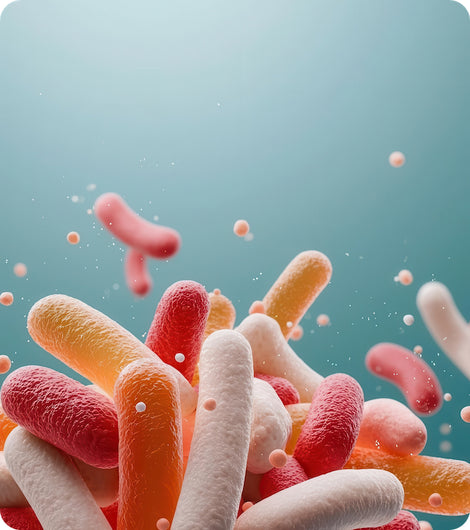
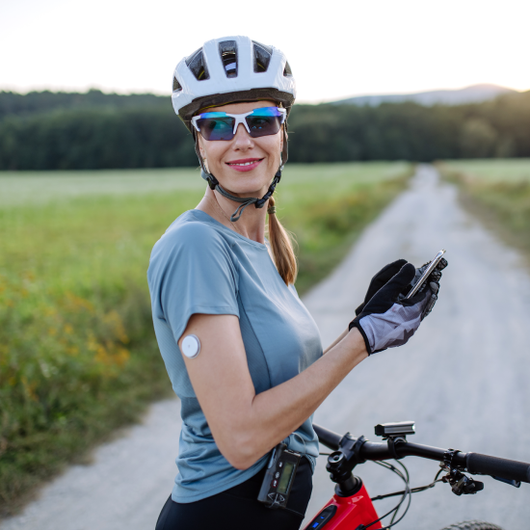

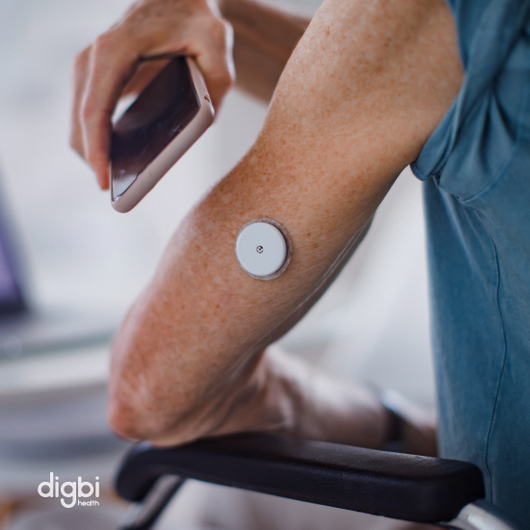






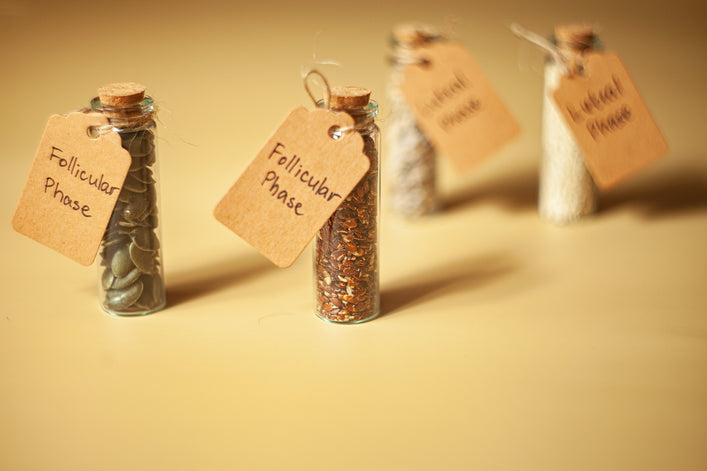


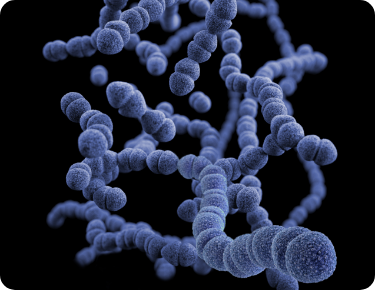



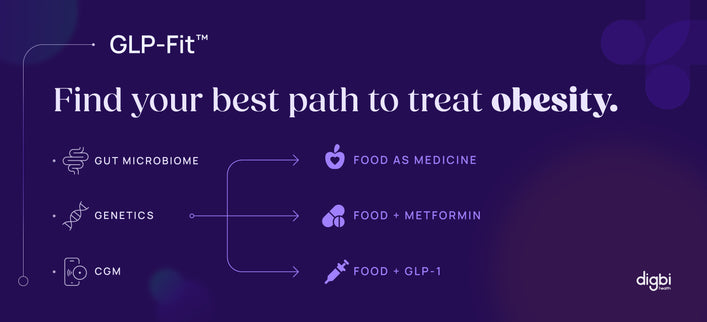


Nov 24, 2020 at 08:55PM